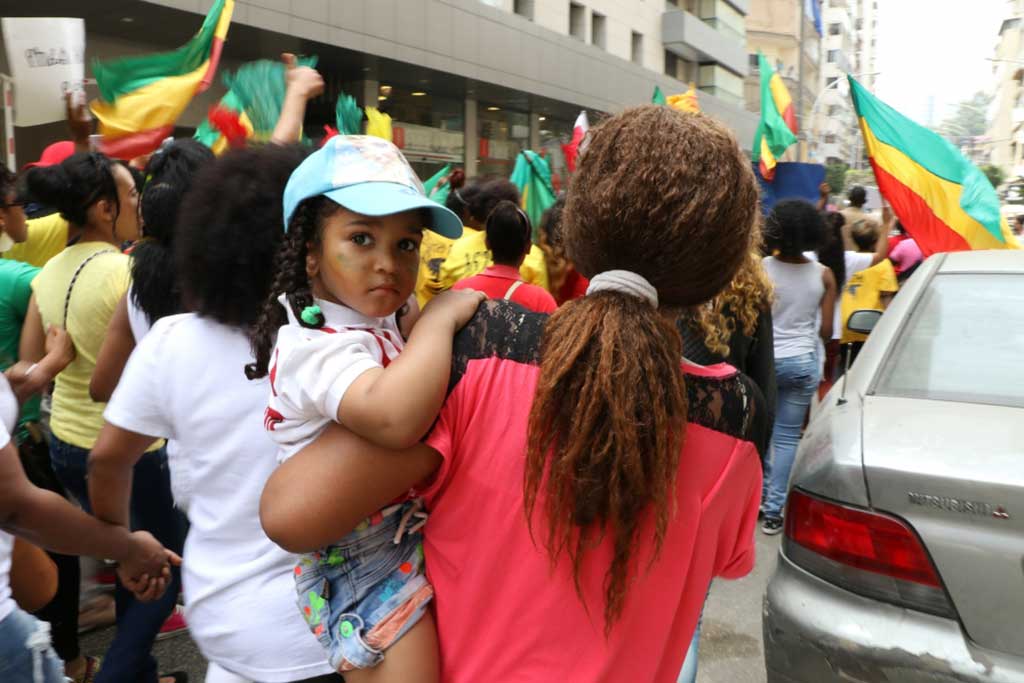Slave labour? Death rate doubles for migrant domestic workers in Lebanon
May 25, 2017
أخبار ومستجدّات
هذا النص متوفر فقط باللغة الإنكليزية. يرجى الضغط على زر اللغة لقراءة المحتوى.
A woman with a pink cloth wrapped around her head climbs out of a window on the fourth floor of a residential building. She peers at the ground far below, clutching onto the window ledge as voices in the background yell at her to come inside. Instead, she jumps, her scream lingering for four seconds before she hits the ground.
حركة مناهضة العنصرية هي حركة شعبيّة أنشأتها جهات شبابيّة ناشطة في لبنان بالتعاون مع عمّال وعاملات أجانب. نعمل معًا في الحركة على توثيق الممارسات العنصرية والتحقيق فيها وفضحها ومحاربتها من خلال مبادرات وحملات عديدة. تمّ فيديو was broadcast on Lebanon’s Al-Jadeed TV in March, with a voiceover explaining that the woman was an Ethiopian domestic worker in Khalde, an area south of Beirut.
According to statistics obtained by IRIN from General Security, Lebanon’s intelligence agency, migrant domestic workers in Lebanon are dying at a rate of two per week. Many of the deaths are suicides or botched escape attempts in which migrant women choose to jump off buildings rather than continue working in abusive and exploitative situations.
Human Rights Watch reported on the situation of migrant domestic workers in Lebanon in a 2008 report that put the death rate at one per week. Since then, heightened activism and advocacy on the issue seems to have had little impact. The bodies of 138 migrant domestic workers were repatriated between January 2016 and April this year.
Rights groups have been advocating for better protections of migrant workers in Lebanon for years and in 2014 domestic workers managed to found their own union – the first of its kind in the region. Yet little has changed. Women coming from Ethiopia, Bangladesh, Sri Lanka, the Philippines, Kenya, and other developing countries are still bound by the kefala (sponsorship) system, which gives employers total control over their lives.
Full article on IRIN.
دلالات :
Slavery,Suicide
شارك هذا :
مقالات مشابهة
“We are not racists, but”July 17, 2018
Being Dark Skinned in BeirutMay 30, 2018
Abused Ethiopian domestic worker is “the poster girl for kafala” in LebanonMay 25, 2018
لديك أي أسئلة؟
للاستعلام عن هذا البيان والسياق ، راسلنا عبر البريد الإلكتروني أو املأ النموذج.
